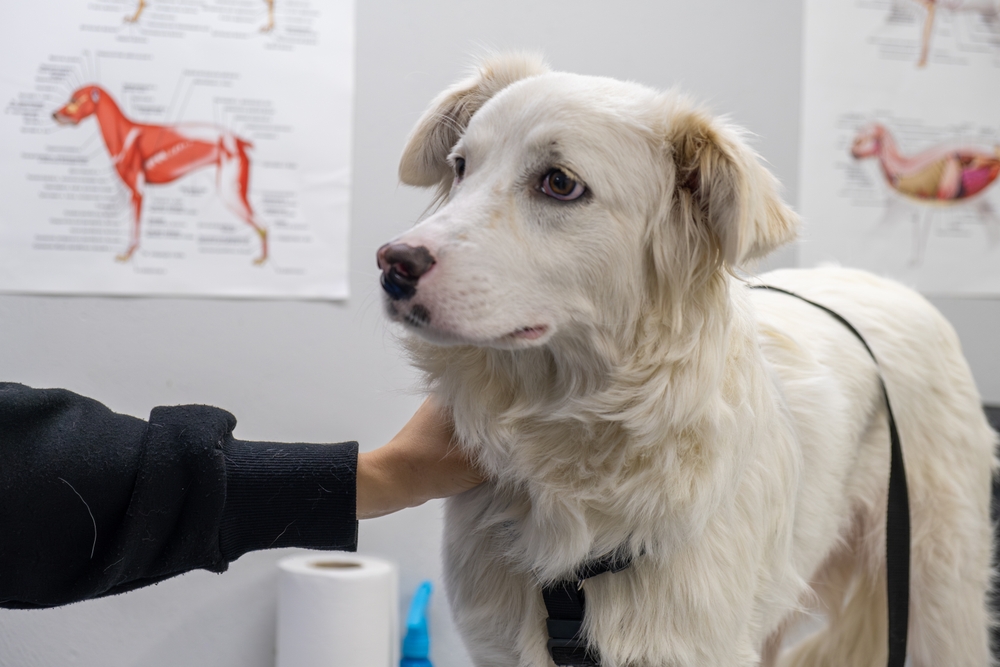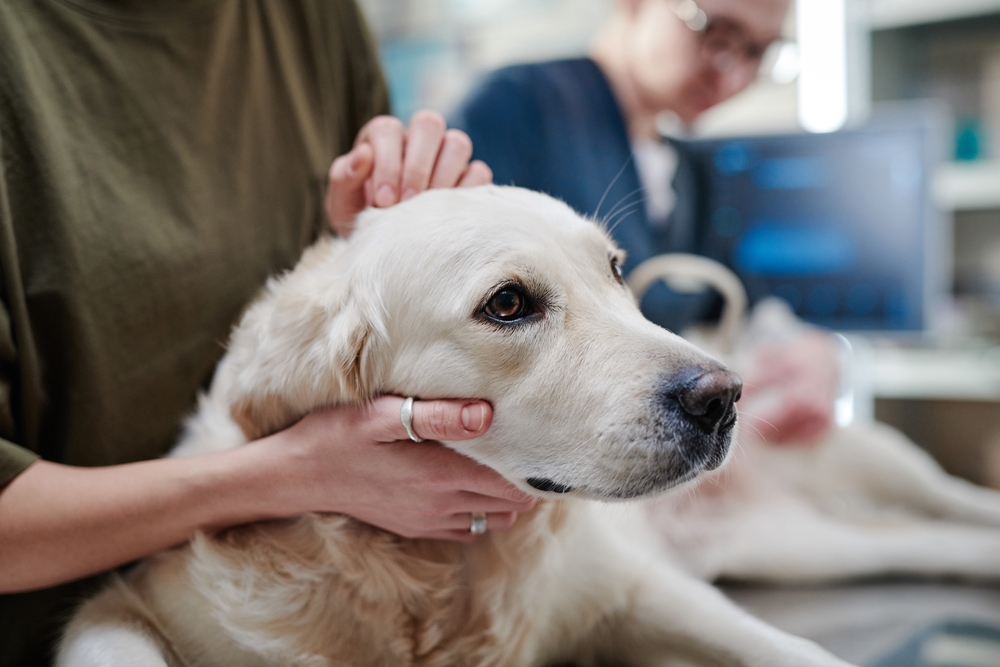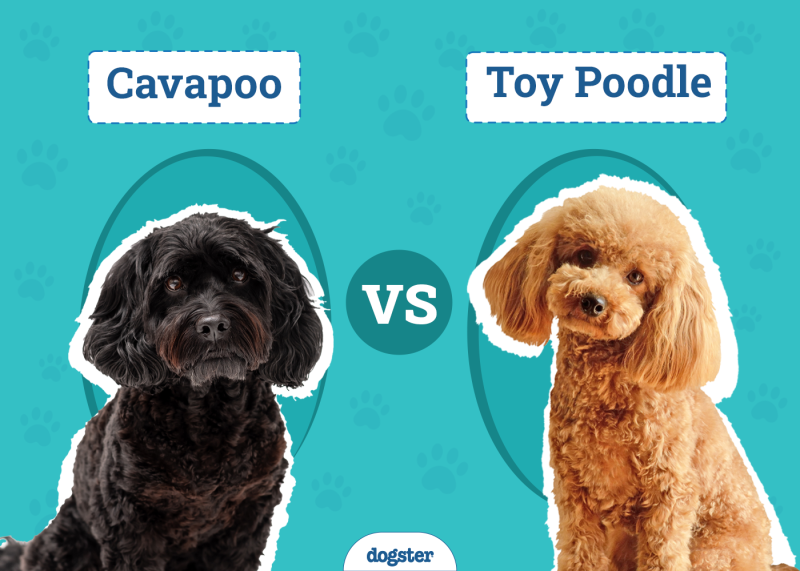In this article
Humans and dogs have a lot more in common than you may realize. After all, we all share 84% of our DNA. We have many common illnesses, including some mental health conditions like obsessive-compulsive disorder (OCD). One thing we probably don’t have in common, though, is Tourette syndrome (TS).
TS is a kind of tic disorder characterized by involuntary sounds or movements. It could be something simple, like blinking your eyes, or complex, like repeating words. An estimated 1.4 million children and adults have this incurable condition. Part of the difficulty lies in not knowing the cause, which, of course, complicates treatment.

Signs and Complications of Tourette Syndrome
The classic signs of TS are the tics, which usually appear in children under age 15. Boys are up to four times more likely to develop this disorder. It also runs in families, suggesting a genetic component. Another characteristic of TS exists with motor and vocal tics that sometimes include vulgar gestures or words. That implies a grasp of the language, environmental factors, and particular brain mechanisms.
The manifestation of TS often varies on several fronts, including severity, triggers, and timing. People can live normal lives with treatment focused on dopamine control and other options for complications of the disease. Dopamine is a neurotransmitter involved with multiple functions, including behavior, movement, memory, and mood.
Dogs likely do not have TS like we see in humans, but they do experience other tic disorders like OCD or psychomotor seizures.


Known Disorders in Dogs
Tic disorders exist in dogs, which may lead some to think their pets have TS. While canines can experience basic emotions like love and fear, they might not be capable of the higher level of brain function associated with this condition. With TS, there are some quality-of-life issues and behavioral problems in children who feel different from their peers. That may involve sleep disorders, depression, and anxiety conditions.
Dogs may suffer from some anxiety or depression stemming from other causes. Veterinarians have also documented OCD in canines and felines wihch results in habitual behaviors which dogs are in full control of. Interestingly, male dogs are more likely to develop it than females. Veterinarians often use medication to control behavioral problems, such as clomipramine, an antidepressant.
1. Seizures Disorders
Aside from the obvious full-body seizures that dogs can get, they can also develop phsychomotor or partial seizures that can look like tics. Usually this involves movements of one body part but dogs can also show complex behaviors like “fly biting” as a manifestation of seizures. Seizures are a sign of disease and not a diagnosis in themselves and seizuring pups should have a veterinary workup done.

2. Myoclonus
Myoclonus describes involuntary muscle contractions. It often occurs as a congenital disorder developing in the animal early in life. Lead poisoning or canine distemper can also cause it. The difference is an identifiable cause that doesn’t exist with TS. The treatment and prognosis depend on the underlying issue. It’s treatable in some mild cases, but often carries a poor prognosis.
3. REM Sleep Behavior Disorder (RBD)
A small study identified REM sleep behavior disorder (RBD) as a complication of tetanus in dogs, but it can occur on its own. RBD causes abnormal movements when a dog is sleeping. Owners of affected pets described episodes of nightmare-like actions, often appearing violent. Tics or seizure-like movements associated with TS can occur during sleep. The difference is with RBD these tics only occur during sleep.

4. Paroxysmal Kinesigenic Dyskinesia (PKD)
Paroxysmal kinesigenic dyskinesia (PKD) has many of the hallmarks of TS. An animal may experience involuntary muscle contractions while appearing normal between episodes. Stress can bring on these signs with varying durations. The prognosis is poor after a definitive diagnosis. Fortunately, genetic testing is available to identify carriers. Interestingly, this disorder also occurs in people.

Final Thoughts
Dogs may experience signs similar to TS, leading pet owners to believe it’s the cause of their animals’ unsettling behavior. While dogs don’t get TS, other tic disorders may offer explanations for what’s occurring with your pup. A thorough exam with bloodwork and imaging may provide much-needed answers and a path toward treatment.
Featured Image Credit: AnnaStills, Shutterstock




















